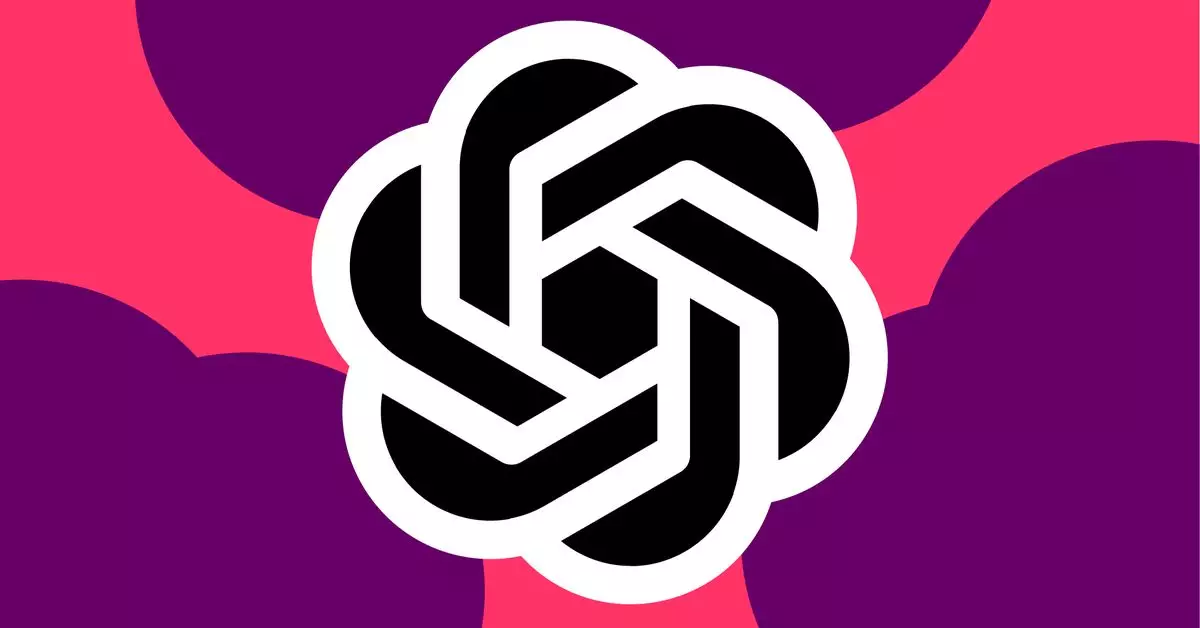In a world increasingly reliant on technology for communication and information exchange, users of the AI chatbot ChatGPT were met with an unwelcome disruption. Reports began to surge around 1:30 PM ET, indicating that the normally reliable platform was inaccessible, with many users either unable to receive responses to their queries or facing an “internal server error.” This incident, which has drawn widespread attention on social media, highlights the vulnerability of AI services that many have come to depend on for daily tasks.
OpenAI, the creator of ChatGPT, attempted to maintain transparency during the outage by posting updates on their status page. At around 2 PM ET, the organization acknowledged that both ChatGPT and its text-to-video tool, Sora, were experiencing unusually high error rates. This situation raises questions about the robustness of the system and the underlying architecture that supports these AI models. As the day progressed, another update at 2:18 PM suggested that the problems originated from an issue with an upstream provider. This revelation points to a broader interconnectedness in technology services; the reliability of one service can affect countless others.
By 3:06 PM, OpenAI confirmed that they were actively working to resolve the issues, yet they did not provide a clear estimate of when normal functionality would be restored. This lack of a timeframe can instill concerns among users, indicating that outages may not only disrupt productivity but also erode confidence in the service.
Interestingly, this isn’t the first time ChatGPT has suffered outages. After the recent release of Sora, users experienced significant downtime, raising red flags about the software’s scalability and dependability. Such occurrences prompt users to reflect on the risks associated with an over-reliance on AI technology. The ongoing outages suggest that while AI has the potential to revolutionize how we interact with information, it is not infallible and comes with its own set of challenges.
In June, a broader outage in AI tools also impacted the accessibility of ChatGPT. These disruptions serve as a reminder that despite the promise of seamless integration and efficiency that AI offers, there are still fundamental issues that need to be addressed before these tools can be deemed fully reliable.
The Future of AI Services
As AI technology continues to develop, it is crucial for developers and organizations to prioritize the resilience and stability of their platforms. OpenAI’s challenges demonstrate that even cutting-edge technology can face significant hurdles. For users, these experiences underscore the importance of having backup plans and alternative solutions, particularly in a digital landscape where dependency on a single service can lead to considerable setbacks.
The recent ChatGPT outage serves as a critical reminder of the complexities and dependencies inherent in modern technology. As we forge ahead in an era dominated by AI, it is essential to balance innovation with the infrastructure necessary to support it, ensuring that these tools can uphold their promises to users.


Leave a Reply